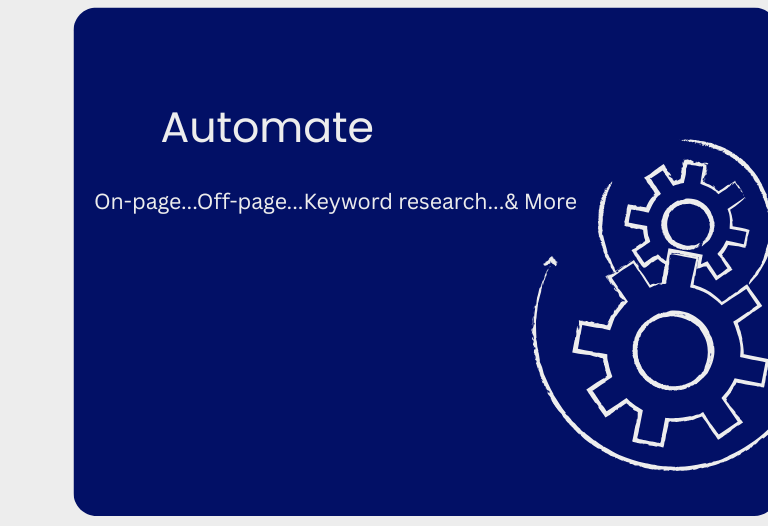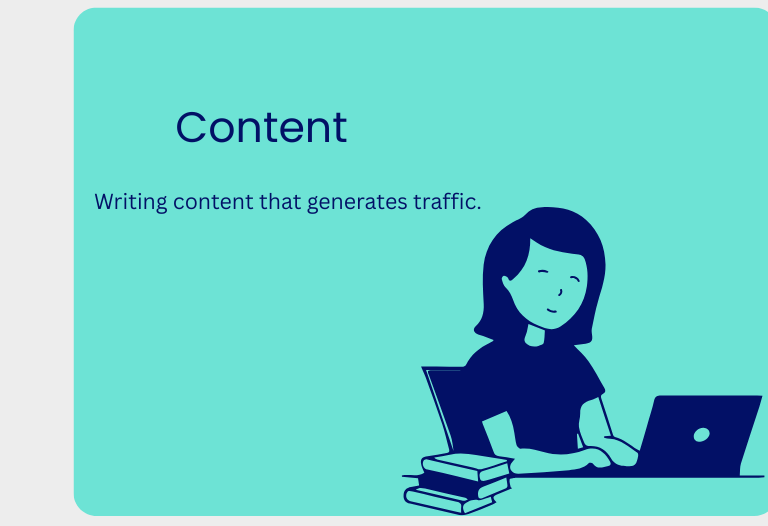Konvart Blog
Stay current on marketing trends and best practices through our blog.

[RECAP] Konvart Webinar – How to Use AI To Enhance Your SEO Content Writing
This free webinar, sponsored by Konvart, explained how businesses and individuals can use AI to improve their SEO content writing, including practical techniques to improve content writing, Google search indexing and more.

Best Automated SEO Software for 2026
Automated SEO software help to streamline your SEO tasks and improve your website’s visibility with our powerful automation software. Learn more here.
More Posts

Best Practices for Writing SEO-friendly Content
Crafting SEO-friendly content isn’t about peppering your articles with keywords, but relevance, readability, and strategic placement. Learn more here.

Best Automated SEO Software for 2026
Automated SEO software help to streamline your SEO tasks and improve your website’s visibility with our powerful automation software. Learn more here.

[RECAP] Konvart Webinar – How to Use AI To Enhance Your SEO Content Writing
This free webinar, sponsored by Konvart, explained how businesses and individuals can use AI to improve their SEO content writing, including practical techniques to improve content writing, Google search indexing and more.
Do you want to be updated when we have pecks for you?
Subscribe to our newsletter.
Do you want to be updated when we have pecks for you? Subscribe to our newsletter.
